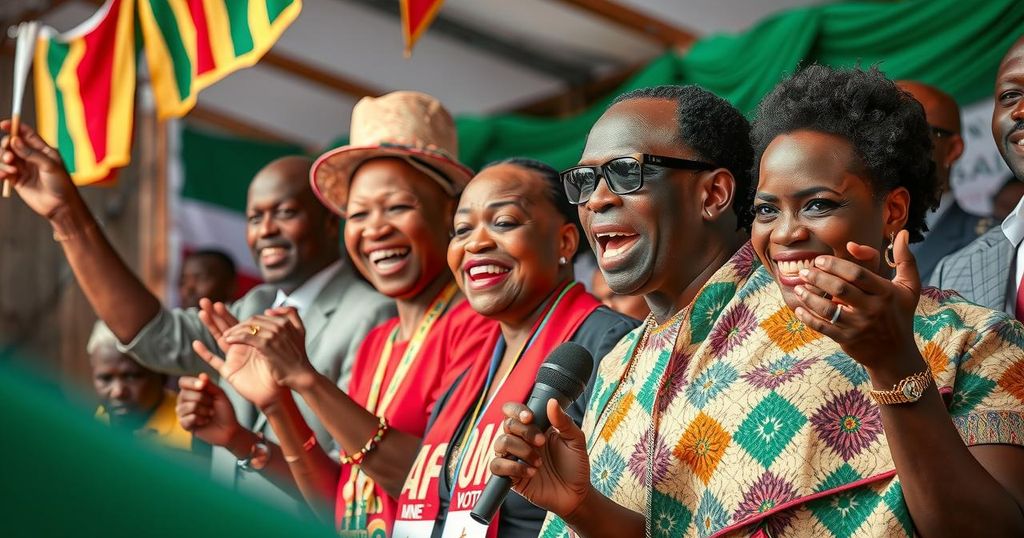World news
AFRICA, AFRICAN NATIONAL CONGRESS, ANC, BOTSWANA, BOTSWANA DEMOCRATIC PARTY, CHEESEMAN, DEMOCRACY, ENGLAND, EUROPE, GOVERNANCE, GOVERNMENT, MO, MOKGWEETSI MASISI, NELSON MANDELA, NIC CHEESEMAN, PARLIAMENTARY SEATS, POLITICS, POPULISM, SOUTH AFRICA, UNITED KINGDOM
Sofia Rodriguez
0 Comments
2024 Elections in Southern Africa Signal Political Transformation
The 2024 elections in Southern Africa highlighted a dramatic decline in support for long-standing liberation movements, as economic hardships and the aspirations of a younger electorate reshaped the political landscape. Countries like Botswana witnessed significant opposition victories, while the ANC in South Africa lost its majority, marking an unprecedented political shift. This trend signals an urgent call for governments to address contemporary issues over historical legacies.
In 2024, Southern Africa experienced a significant political shift as traditional liberation parties encountered severe electoral setbacks. Old guard parties, once celebrated for their roles in combating colonial powers, faced increasing discontent amid economic woes and a growing youth demographic that prioritizes governance performance over historical legacies. This election cycle illuminated a clear generational divide, with young voters demanding job opportunities and accountability from their leaders, leading to remarkable outcomes in countries such as Botswana and South Africa.
The electoral landscape in Southern Africa has historically been dominated by liberation parties that emerged from the struggles against colonialism. However, as economic challenges and a youthful electorate rise, these parties are finding it increasingly difficult to maintain their support. The changing political terrain reflects not only local grievances but also broader regional trends, where aspirations for responsive governance clash with the legacies of past struggles. Understanding this backdrop is crucial to interpreting the recent electoral outcomes.
The electoral results in Southern Africa in 2024 signify a transformative moment, wherein established political entities are vigorously challenged by new forces motivated by contemporary issues. With increased youth participation and a demand for effective governance, the traditional reliance on historical narratives is waning. This evolution hints at a broader regional shift towards accountability and representation, underscoring a critical juncture in the political fabric of Southern Africa.
Original Source: abcnews.go.com




Post Comment